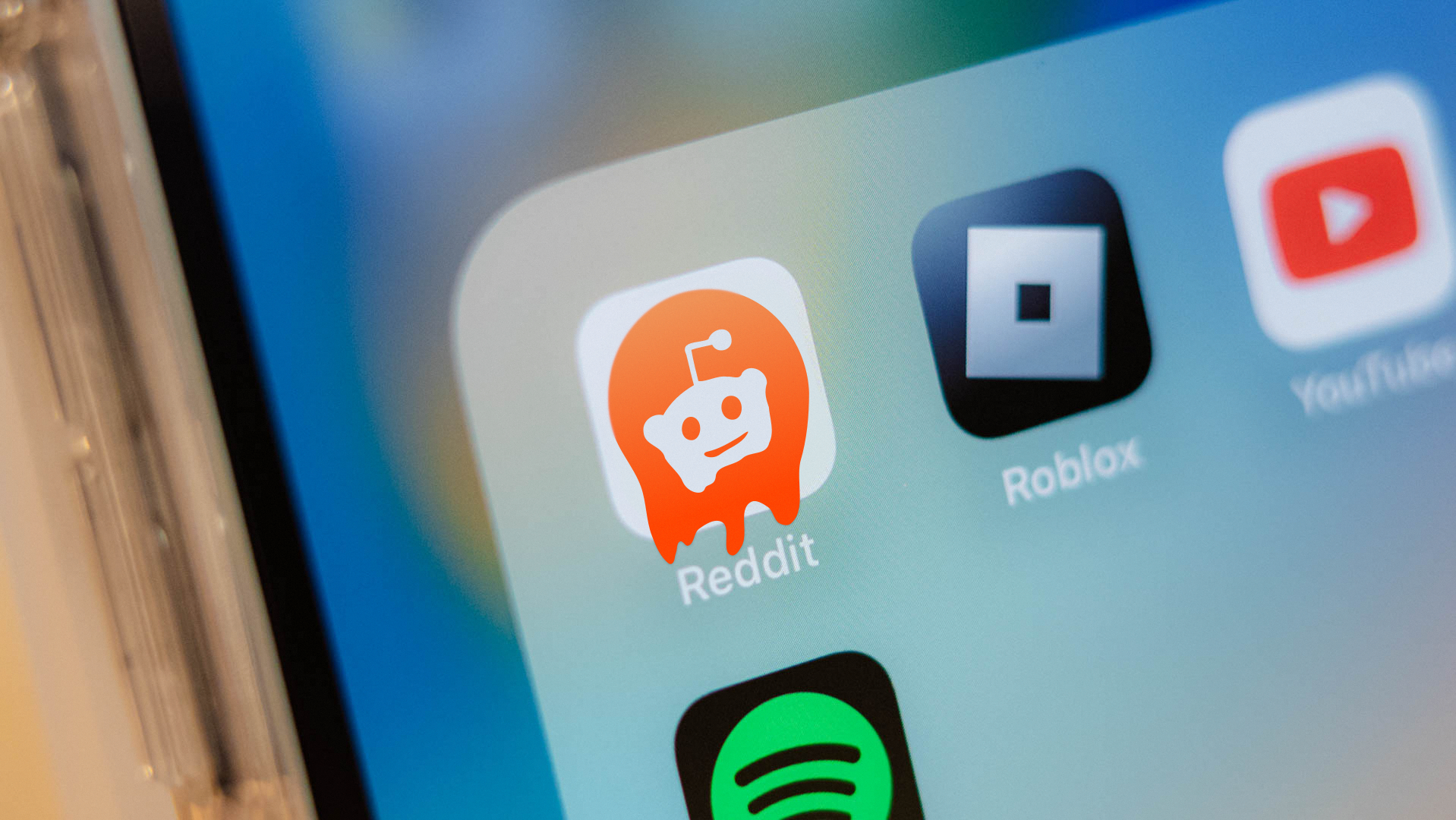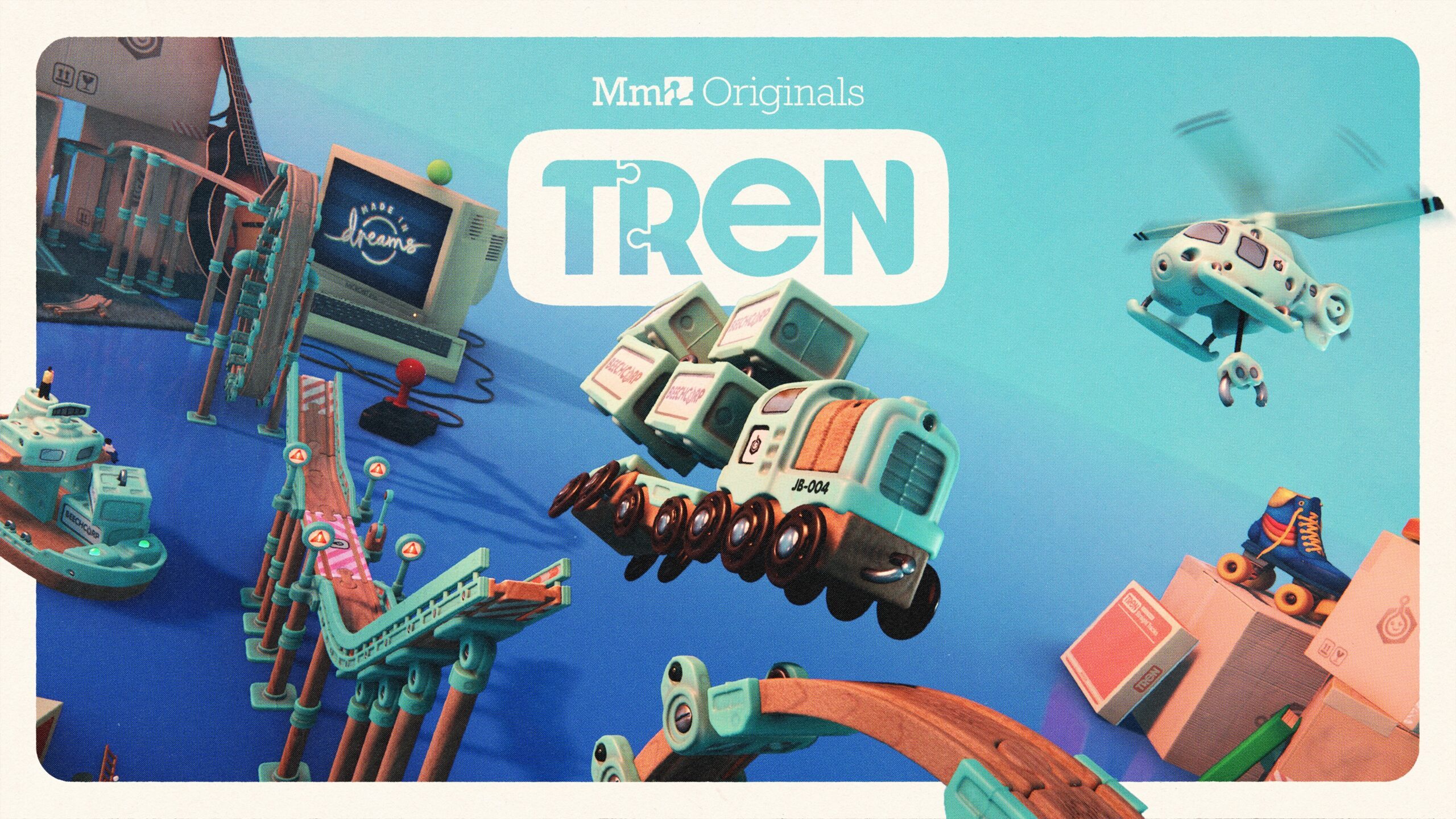
Whenever a popular website makes big changes, people often talk about it “dying”—Twitter and Reddit are two great examples of this. In reality, though, big websites don’t often fully die. If you’re waiting for that to happen, it probably won’t.
Of course, this isn’t the case for all websites. High-profile websites such as Delicious, Google+, Bebo, Geocities, Yahoo Answers, and more, are no longer accessible online. However, there are plenty of websites that do still exist, but are shadows of their former selves. Let’s talk about why that matters.
Moving the Goal Posts
Social media websites, in particular, are pretty pointless without users—that’s called the “network effect.” When unpopular changes occur on a social media site, some people will jump ship right away, but even more hold out until some phantom line is crossed.
The recent Twitter and Reddit fiascos demonstrate this well. In the case of Twitter, many people have ditched the platform and made new homes on Mastodon, Bluesky, Tumblr, and various other places. However, despite the sites’ increasingly poor experience, there are still plenty of diehard Twitter users holding on for dear life.
That aforementioned phantom line is the problem. People think they have a line that won’t be crossed, but you have to actually define that line. A cataclysmic event doesn’t usually happen—there are many little things that slowly add up to a social media website’s demise. You don’t have to stick around to witness it. In fact, we’d argue you shouldn’t.
Riding the Slow Fade
Social media websites—and just websites in general—often never really “die.” People slowly move on and forget, but the website is still there. This has happened to quite a few websites you probably have heard about.
MySpace is the one a lot of people will remember. It was the most visited website in the United States in 2006, but by 2009, a little upstart called Facebook had passed it and never looked back. MySpace tried to shift gears a few times over the years, but it could never regain what it once had. myspace.com still exists, though it’s obviously not very fun without users.
Long-time internet users will also remember Digg. The social news website was similar to Reddit in that it let people vote up and down on content from around the web. It was so popular that having a link on the front page would often crash sites due to traffic. However, changes over the years drove users away little by little. Digg.com still exists, but it’s not nearly what it used to be.
This is a common trajectory for websites that rely on users for generating content. Things change and people slowly move on. You don’t have to wait around for it to be a ghost town, though. People wait and complain in hopes that things will get better. Sometimes that works, but it’s usually hard to stop the slow fade when it starts.
Find a Social Network With Staying Power
Sadly, social networks don’t last forever. Even if they don’t fully “die,” enough users will leave to make it not worthwhile to continue visiting. Once your friends are gone, there’s no reason to keep checking. So how can you choose a social network that will last a while?
In all honesty, most people probably aren’t worried about being able to use a specific social network for the rest of their lives. What can be worrisome is losing everything you created on a social network. It’s in your best interest to use a social network that isn’t going to be suddenly shuttered because the owner can’t make enough money from it.
This post is not an advertisement for Mastodon, but it is a good example in this situation. Mastodon is a wide network of users on various servers that can communicate with each other. These servers are run by all sorts of people. If a server is being run poorly or plans to shut down, you can simply move to another one and keep all of your friends and followers intact.
Social networks owned by billionaires and stockholders generally don’t have your best interests in mind. Don’t wait around for them to get bored. It’s okay to leave now rather than wait for the tumbleweeds to start rolling.






